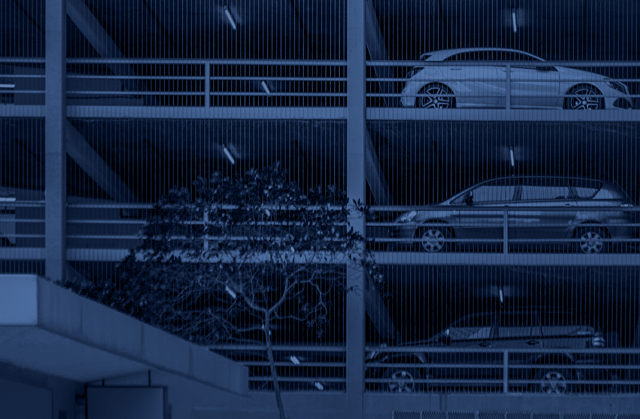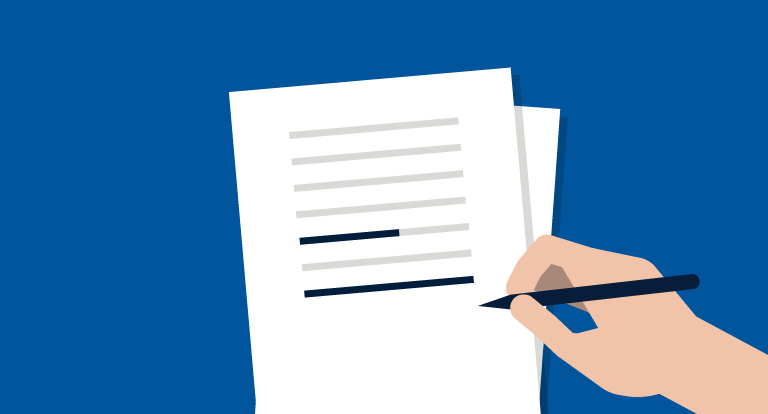Congestion levy
A levy applies to off-street parking in inner Melbourne.

What is the congestion levy?
The congestion levy is an annual charge on off-street parking spaces. It applies to public and private car parks in busy parts of inner Melbourne. It helps reduce traffic congestion by encouraging the use of public transport.
Understanding the congestion levyStay updated
News

View all news

Value capture for Suburban Rail Loop
Today the Victorian Government announced that value capture will be applied to help fund the Suburban Rail Loop.
Useful information
Legislation and regulations
Get in contact with us
Subscribe to our email



